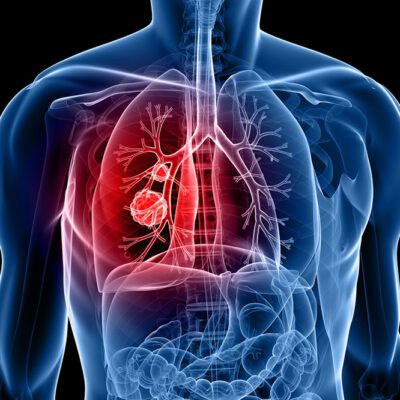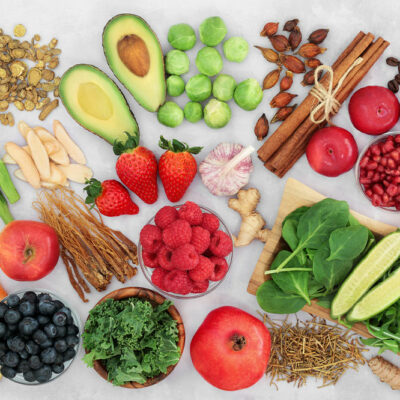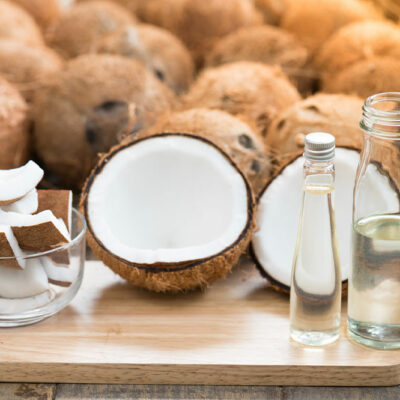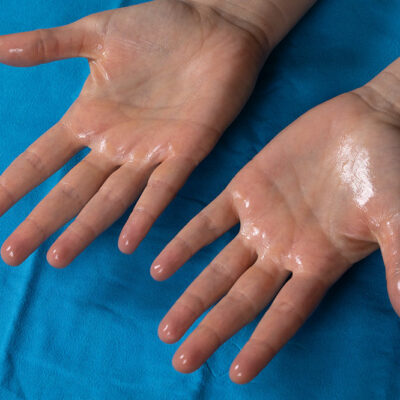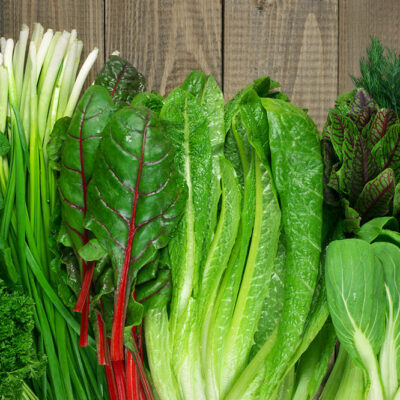
Lung cancer – 8 foods to eat
Following a nutritious regime is essential for the body to maintain immunity and stave off infection. Cutting out a single nutrient, or even overdoing on any can harm the body in the long run. When it comes to lung cancer, there are few foods that one must avoid and must include for daily consumption. Below is the list of foods that need to be included in one’s food regimen when recovering from lung cancer. Chicken Protein-rich foods are essential in the fight against cancer as they are a necessary building block in cell and tissue repair. In fact, lean meats like fish and turkey in addition to chicken are a great option. However, ensure that the meat is cooked thoroughly to avoid food-related illness. Ginger Intake of ginger as an ingredient in food may lower the risk of metastases of an existing cancer and it is also known to reduce chronic pain. Whole grains Whole grain anything is a good choice because the carbs and fiber help keep energy levels stable. Choose from whole wheat breads, brown rice, and whole grain pastas. Apples Apples are packed with flavonoids that are powerful antioxidants and can help boost immunity, which is just what one needs.
Read Article... 


